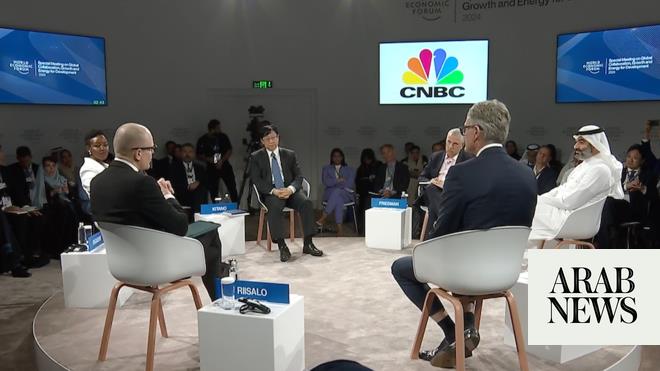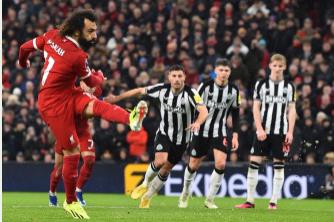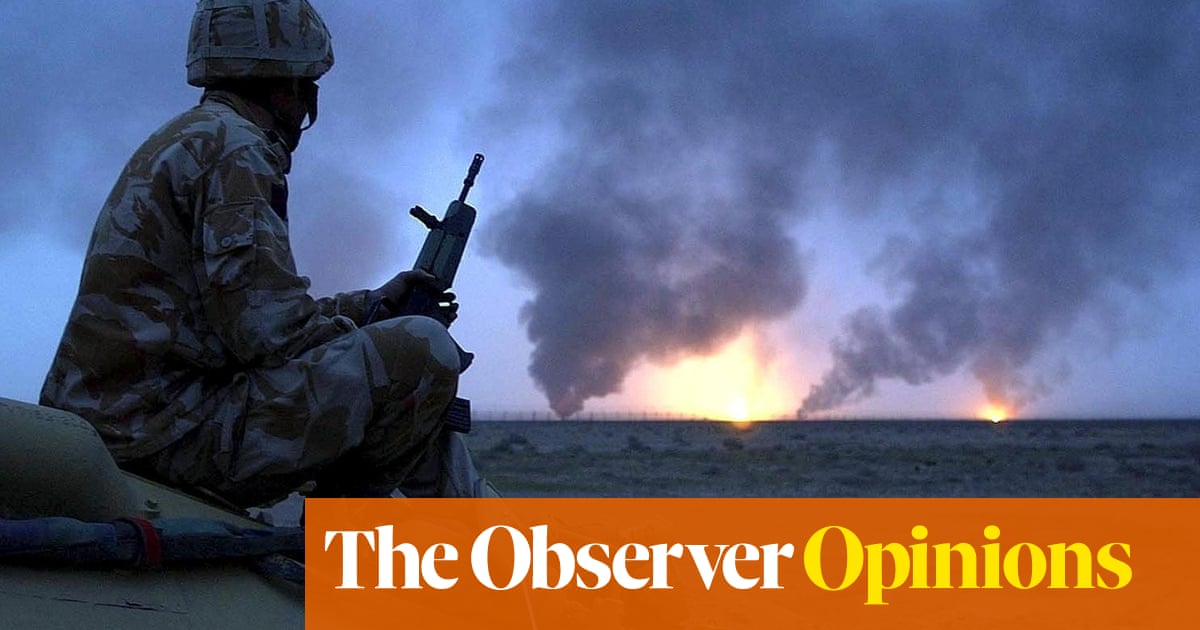
While much on the agenda this week in Brussels for the summit of Europe’s 27 government leaders will be familiar, there is a historic power shift underway that could bring about significant change in 2022.
The summit will probably be the last for outgoing German Chancellor Angela Merkel. Her close collaborator, French President Emmanuel Macron, faces a spring election that could remove him from power. While the Franco-German alliance has long been the motor of European integration, their cooperation ebbs and flows depending on the office holders in Berlin and Paris. Merkel and Macron have not seen eye to eye on every issue, but over the past half decade they have been a formidable duo plotting the future of the EU.
Key achievements include persuading squabbling fellow members last year to agree to give the bloc, for the first time in its history, debt-raising powers to finance a €750 billion coronavirus recovery plan. They were also crucial to getting the post-Brexit UK-EU trade deal over the line last December.
Despite the striking differences between them, both are extraordinary politicians with an eye on their legacies. Since his remarkable rise to power, Macron has emerged as one the most authoritative defenders of the liberal international order. His victory in 2017 against far-right National Front candidate Marine Le Pen was so striking as he held the political center ground and defied the march of populism after the Brexit vote and Trump’s election.
Macron aside, Merkel has long been the most important political leader in continental Europe, having been in office since 2005. Now into overtime at the end of her fourth term, in length of tenure she sits behind only Otto von Bismarck, who served for almost two decades from 1871–90 during a period when he was a dominant force in European affairs after driving the unification of Germany.
Both Merkel and Macron believe that Europe, a century and a half after Bismarck’s time, is now at another critical period in its history. Despite progress, key challenges remain, including growing backlash to Brussels across the continent, including Poland.
In this context, there still remain a multitude of views on the future of the EU. This week’s summit will be another opportunity to shape that debate. Scenarios range from the EU retreating, after Brexit, to no more than the current economic single market with freedom of movement of goods, capital, services and people. At the other end of the spectrum, is a quite different future in which the 27 member states do much more together, reigniting the European integration favored by Macron if he can win a second term.
While the direction of the EU is still uncertain, what is clear is that the new leaders in Berlin and possibly Paris will have a huge bearing on events.
Andrew Hammond
Probably the most likely scenario is a broad continuation of the status quo. The EU would muddle through from where it is today and seek to deliver on the Bratislava Declaration agreed just weeks after the Brexit referendum, better tackling migration and border security, and beefing up external security and defense.
However, further setbacks — which are likely in the next few years — could signal a retreat, with the scale of EU functions rolled back and limited resources focused on a smaller number of policy areas, including the single market. One of the triggers for this could be further tension between Brussels and key Eastern European states, especially Poland and Hungary. Only last week, Poland’s constitutional tribunal ruled that key articles of one of the EU’s primary treaties were incompatible with Polish law, in effect rejecting the principle that EU law has primacy over national legislation in certain areas, and France and Germany perceive Polexit may now be a real risk.
But if Macron were to win big next year, and form a strong relationship with Merkel’s successor, the EU could still follow a pathway of deepening cooperation with states sharing more power and resources, and decisions agreed faster and enforced more quickly. A re-elected Macron would, for instance, push hard for the creation of a European Defense Union, which has assumed new importance for him since last month’s of the US-UK-Australia security deal.
While the direction of the EU is still uncertain, what is clear is that the new leaders in Berlin and possibly Paris will have a huge bearing on events. The next few months could therefore have an outsized impact in defining the economic and political character of the bloc not just well into the 2020s, but well beyond.












